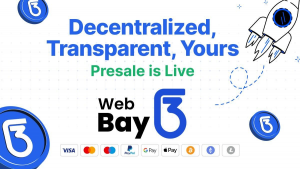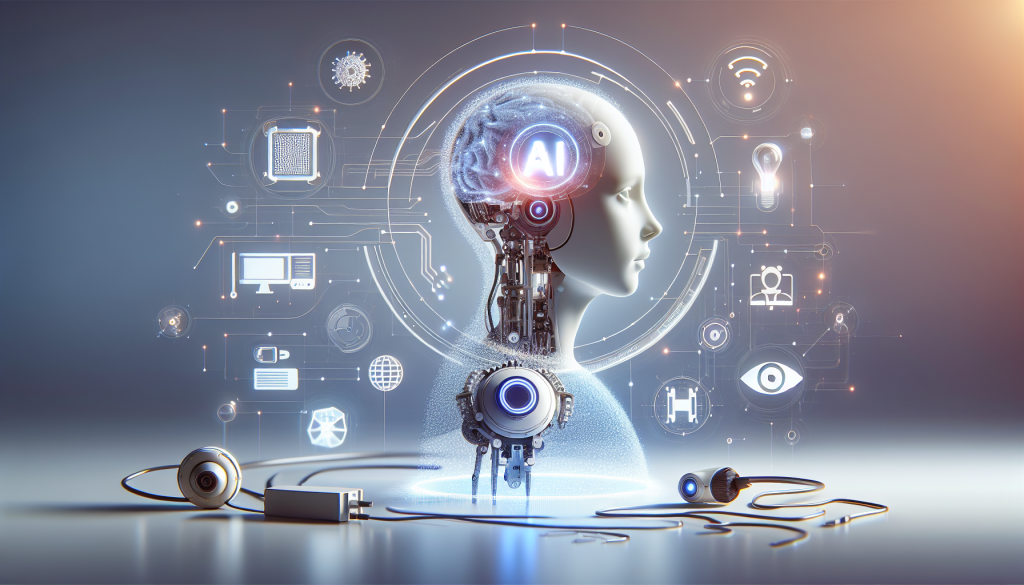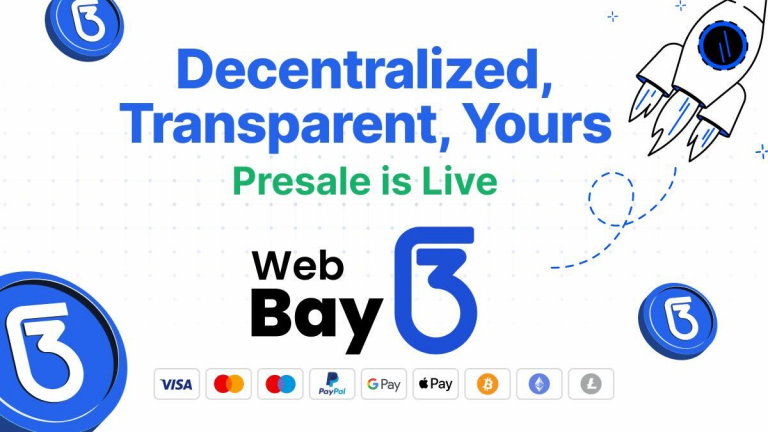What are Decentralized AI Agents?
A Decentralized AI Agent is any autonomous application programmed to implement or integrate trust with a blockchain, enabling it to connect multiple chains or machines. Artificial Intelligence allows these agents to analyze patterns, predict tendencies, or execute certain functionalities within DeFi networks.
For instance, a decentralized AI agent could optimize yield farming strategies by analyzing real-time market conditions. Similarly, it might execute trades based on predictive models or assess loan risks in decentralized lending. Unlike traditional financial systems, these agents don’t rely on intermediaries, offering transparency and efficiency.
How AI Enhances DeFi
AI in DeFi brings several advantages to blockchain applications. Below are some key benefits:
|
Benefit |
Description |
|
Data Analysis |
AI agents process vast amounts of data quickly, offering insights for better decision-making. |
|
Risk Management |
They evaluate market risks and suggest strategies to minimize losses. |
|
Automation |
Smart contracts powered by AI execute transactions without human intervention. |
|
Personalization |
AI tailors financial services to individual users, creating a more customized experience. |
These features make DeFi platforms smarter and more user-friendly while reducing manual effort.
Examples of AI in DeFi
- Trading Bots
AI-powered trading bots on decentralized exchanges can analyze market patterns and execute trades at optimal times. These bots operate 24/7, ensuring opportunities are never missed. - Credit Scoring
In DeFi lending, AI agents can assess a borrower’s creditworthiness by analyzing blockchain data, creating trust in a trustless system. - Portfolio Management
AI tools can optimize crypto portfolios by balancing risk and reward, tailoring strategies to market conditions. - Fraud Detection
By studying transaction patterns, AI can identify and flag fraudulent activities, adding a layer of security to DeFi platforms.
Blockchain as the Foundation
Blockchain’s decentralized structure makes it ideal for AI bots. By enabling direct communication between AI algorithms and the blockchain, smart contracts guarantee security and transparency. Furthermore, data integrity—a crucial component of AI operations—is guaranteed by the immutability of blockchain records.
IPFS and other decentralized storage options are also important. They preserve user privacy while giving AI agents the information they need to learn and make judgments. Web3 applications are being pushed into uncharted areas by this revolution in blockchain and artificial intelligence.
Challenges in Combining AI and DeFi
- Scalability: Training and deploying AI models require significant computational resources, which can be expensive and slow.
- Data Availability: Ensuring decentralized access to quality data is a challenge.
- Security Risks: AI agents, like any software, can be vulnerable to hacks or exploits if not properly secured.
- Interoperability: Ensuring AI agents can seamlessly interact across multiple blockchain networks remains an ongoing effort.
Addressing these issues will be crucial for the future of decentralized AI agents.
The Road Ahead
As blockchain technology is maturing, the role of decentralized AI agents will continue to rise. These agents will likely play a key role in most Web3 applications, managing tasks across DeFi platforms, gaming ecosystems, and decentralized autonomous organizations (DAOs).
One possible direction is the creation of marketplaces where AI agents trade services with one another. For instance, an AI agent managing liquidity could hire another agent for data analysis. These collaborations could make decentralized systems even more efficient.
In summary, this synergy between AI and blockchain innovation ushers in a new paradigm for digital service creation and consumption. As these technologies evolve, they are set to change the face of finance and governance, among other domains.




















+ There are no comments
Add yours